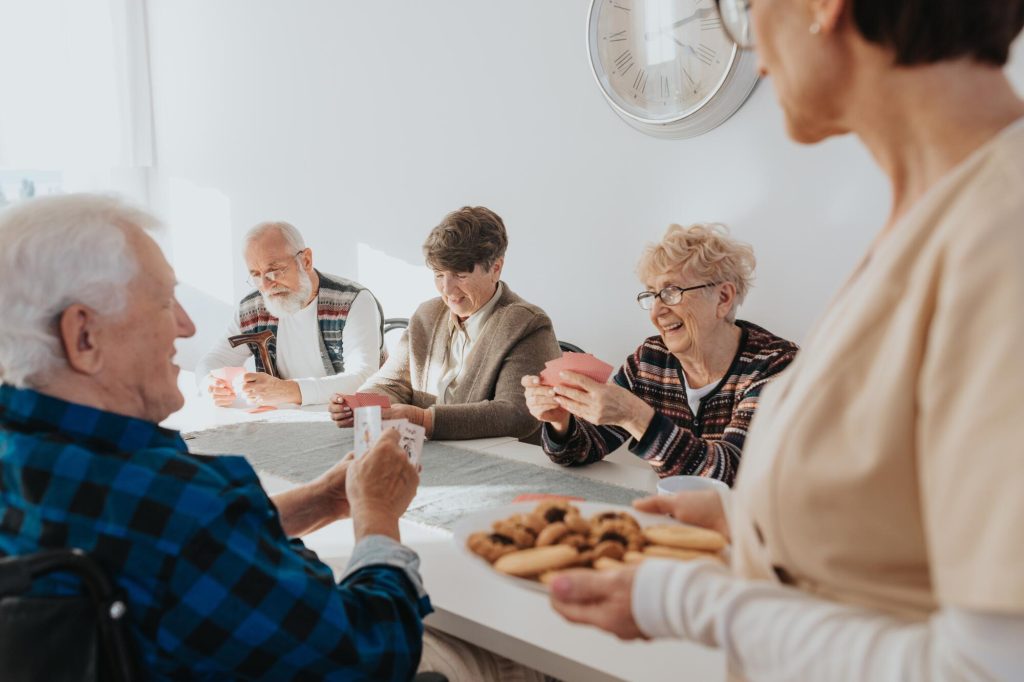Are you aware of the growing isolation problem among seniors?
Many older adults live alone or feel disconnected from family and friends. Loneliness can harm both mental and physical health. Small signs often show someone is becoming isolated, but they are easy to miss.
Recognizing these signs early is crucial for their well-being. Communities and families play a key role in helping seniors stay connected. Taking timely action can improve their quality of life and prevent serious health issues.
Let’s work together to keep seniors engaged and supported.
Common Signs of Isolation
Seniors may spend long hours alone without speaking to anyone. They may stop taking part in daily activities that once brought joy. Changes in eating or sleeping patterns can appear without clear reasons.
People might lose interest in hobbies and stop leaving the house. They may avoid calls or visits from family and friends. Some seniors show signs of low energy or sadness each day.
Their conversations may feel short or withdrawn during talks with others. Small changes in behavior can show isolation slowly building. Families can notice these patterns early and take steps.
Emotional Effects on Seniors
Isolation can affect a senior’s emotions in quiet ways. They may feel lonely and anxious without clear triggers. Many seniors hide feelings because of mental health stigma in seniors.
Fear of being judged can stop them from seeking help. Emotions may change quickly from calm to frustrated in moments. Lack of connection can lead to sadness that lasts longer.
Seniors might feel unimportant and struggle to find purpose each day. Their mood can affect how they interact with people around. Support and understanding can reduce these emotional challenges slowly.
Social Activities That Help
Seniors can improve life through simple social activities each day. Joining clubs or small groups provides a place to share stories. Gentle exercise groups help seniors move and connect with peers.
Arts and crafts or music sessions can lift moods easily. Attending community classes builds confidence and gives chances to meet others. Even short walks with neighbors create small social connections often.
Talking with people regularly can reduce feelings of loneliness significantly. Social engagement helps seniors feel valued and active in their lives.
Role of Family Support
Family support gives seniors a sense of belonging and care. Simple visits, calls, or messages can brighten a senior’s day. Families can notice early signs of isolation and act quickly.
Encouraging seniors to join activities helps them regain confidence naturally. Spending quality time together strengthens emotional bonds and reduces stress. Family presence shows seniors that they are important and valued.
Listening without judgment can make seniors open up about worries. Support from loved ones builds trust and reduces feelings of loneliness.
Community Programs and Resources
Local programs can give seniors chances to connect and learn new skills. Community centers often offer activities for seniors to meet others. Volunteer programs provide a purpose and meaningful social engagement.
Libraries or clubs host events that welcome seniors regularly. Some programs give transport for seniors who cannot travel easily. Access to these resources keeps seniors active and engaged daily.
Staff and volunteers can guide seniors to the right activities. These programs create safe spaces where seniors can enjoy company.
Taking Steps to Stay Connected
Loneliness can affect seniors in many ways, both inside and out. Small actions by family, friends, and communities can make a big difference.
Staying connected helps seniors feel valued and happier every day. Everyone can play a role in keeping them engaged.
For more informative articles, please visit the rest of our blog.







